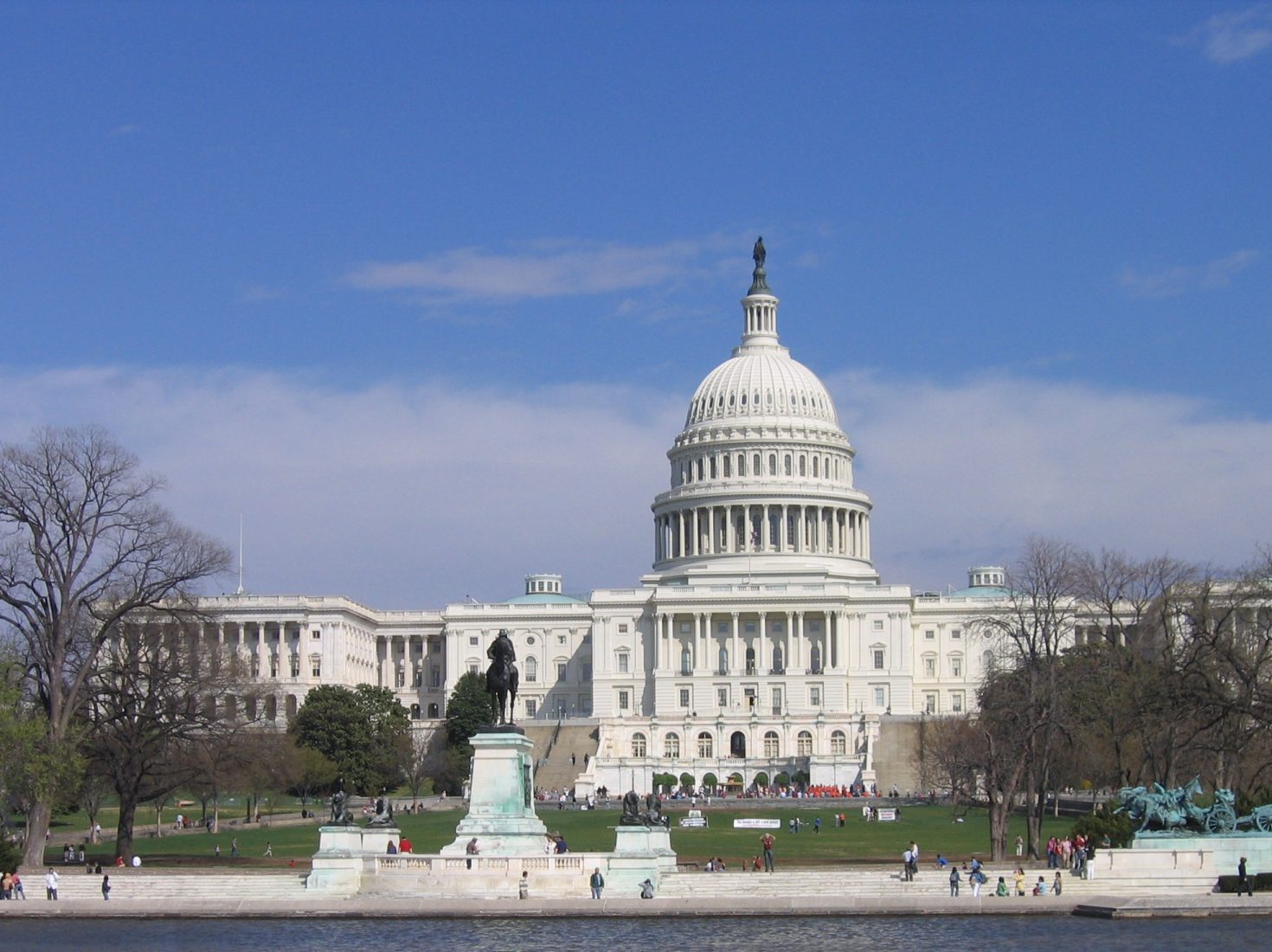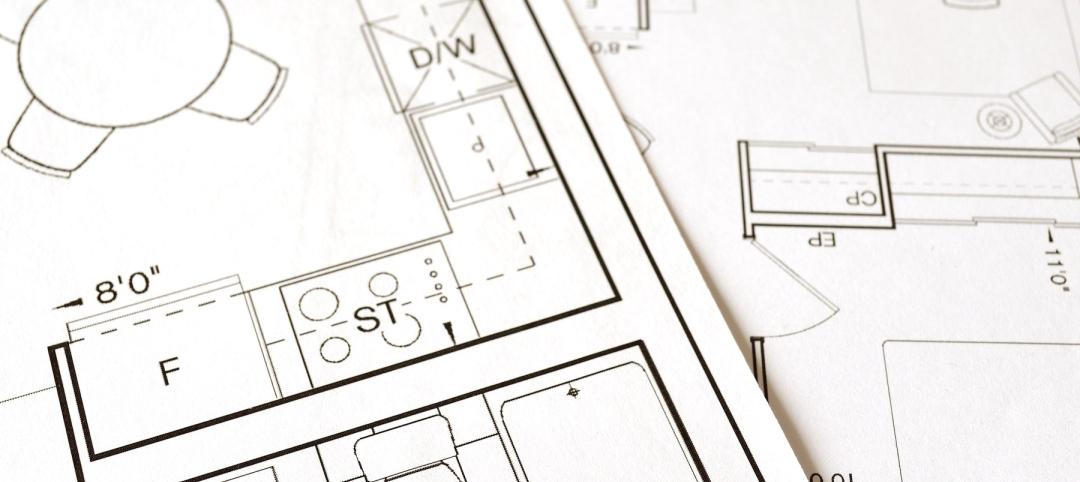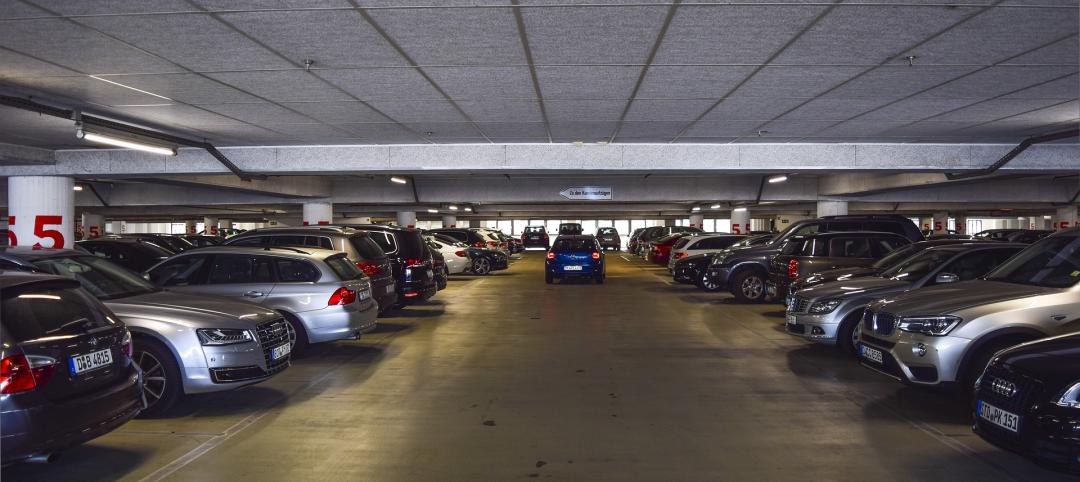On February 8, 2024, Mayor Muriel Bowser presented the Zero Waste DC Plan to the Council, outlining policies, programs, and initiatives to meet the District’s aim of reducing per capita waste generation by 15% and transitioning from a disposable culture to a circular economy. Of the 43 actions in the plan, a handful are essential for building owners and design professionals to know about now.
Overview of the Zero Waste DC Plan
In 2013, the District enacted the Sustainable DC Plan and established the ambitious goal of diverting 80% of the citywide waste stream away from landfills and incineration. For 2018, that citywide waste stream was estimated at over 1.1 million tons. Previously established guidelines from the 2019 Sustainable DC 2.0 Plan and the Zero Waste Omnibus Amendment Act of 2020 guided development of the Zero Waste DC Plan, finalized in early 2024 after years of research and public engagement. Originally, the target year to achieve 80% diversion of solid waste was 2032, but technical analysis that modeled rates of adoption, participation, and materials capture guided extension of the zero-waste target year to 2040.
What most DC residents and business owners will be talking about in the months ahead are the plan provisions for phasing out single-use plastics and other disposable items beginning next year, with a ban on throwaway plastics by 2030. Other noteworthy action items include mandatory recycling and composting, policies to increase reusable and refillable packaging, and requirements for donation of surplus food and materials.
What might not be the talk of the town – at least not right away – are some of the demands on building owners and design professionals that will impact construction projects.
Construction and Demolition
The primary objective of the Zero Waste DC Plan is articulated in “Goal 1: Reduce Per Capita Waste Generation.” Without a significant drop in waste, the plan will fail to achieve the 80% cut in the volume of material that winds up in landfills and incinerators. Of critical importance to building owners, property managers, and design professionals is Action 5 under this Goal, which calls for updating the DC Green Construction Code to require all new construction, demolition, and building retrofit projects to submit a Deconstruction Plan. Eighty percent of recoverable materials, including lumber, metal, stone, brick, and electrical and plumbing fixtures, will need to be salvaged and contributed toward the development of affordable housing. How this will be achieved is yet to be determined, but the timeframe for implementation is listed as “Medium Term,” which could be as soon as five years from now.
In the short term, Action 25 seeks to expand Extended Producer Responsibility requirements for hard-to-recycle materials, including some construction waste, such as paint, carpet, textiles, and solar panels. Upon implementation, anticipated within the next few years, disposal of covered materials in landfills or incinerators will be banned.

Recycling and Composting
Under “Goal 3: Increase Recycling and Composting Participation and Accessibility,” Action 14 calls for adoption of a universal recycling and composting ordinance that will require owners and facility managers of all commercial, institutional, governmental, and multi-family residential buildings to provide for the separation and collection of recyclable materials (e.g. plastics, glass, paper, aluminum, and cardboard), as well as compost (including food scraps and compostable containers). The plan looks to adopt this ordinance by 2025, which means facility managers should plan as soon as possible for this change in operations. Design professionals and property owners alike should consider the space requirements for sorting and collection.
To this end, Action 24 calls for revision of the DC Green Construction Code to require all new multi-family residential construction to include dedicated space for recycling and composting. By 2032, existing multi-family residential properties must be retrofitted to meet this requirement, as well.
Enforcement
Community education is a key part of the plan, from training programs for property managers on preventing food waste to hands-on learning about composting in school cafeterias. Robust enforcement, though, is also a critical component. Action 38 aims to increase the number of inspectors – and impose fines – for building owners and businesses that fail to comply. To place oversight directly into the hands of the community, Action 39 establishes a new Zero Waste Tip-Line for residents to report non-compliant commercial buildings and businesses.
Zero Waste Financial Assistance
Implementing recycling and composting collection, providing for recoverable construction waste diversion, and arranging producer recovery of hard-to-recycle materials, along with navigating operational changes to eliminate food waste and disposable products, won’t be cheap. Under “Goal 5: Build an Inclusive and Local Circular Economy,” Action 32 calls for expanding financial assistance programs – and creating new ones – particularly for small businesses, nonprofits, and institutions. Zero Waste tax credits and other incentives are also on the agenda to help owners manage these costs, with planned implementation by 2028.
Ahead of the Curve
To prepare for these changes, building owners, property managers, and design professionals should begin coordinating with suppliers and contractors to discuss implications for any upcoming construction projects. Reusing existing materials, particularly for historic buildings, may already be part of the plan for rehabilitation or restoration efforts, but newer buildings, too, should look at ways to salvage and reuse. As for composting and recycling, with demand surging over the coming months in response to the new plan, it’s a good idea to start preparing early, especially if retrofitting designated sorting and collection spaces will require building modifications.
Even if the initiatives under the Zero Waste DC Plan aren’t fully in force right away, it’s good practice to start implementing the policies now, where feasible. Early adoption will not only lead the pack on cutting down waste, but also allows time to practice new procedures at an unhurried pace before mandates force a hasty effort to comply.
This material is for informational purposes. Before taking action, consult a design professional.
Hoffmann Architects + Engineers (www.hoffarch.com) is a design professional firm specializing in the rehabilitation of building exteriors, with offices in Alexandria Va., New York, and New Haven Conn.
Related Stories
Codes and Standards | Oct 26, 2022
‘Landmark study’ offers key recommendations for design-build delivery
The ACEC Research Institute and the University of Colorado Boulder released what the White House called a “landmark study” on the design-build delivery method.
Data Centers | Oct 25, 2022
Virginia county moves to restrict the growth of new server farms
Loudoun County, Va., home to the largest data center cluster in the world known as Data Center Alley, recently took steps to prohibit the growth of new server farms in certain parts of the county.
Transportation & Parking Facilities | Oct 20, 2022
How to comply with NYC Local Law 126 parking garage inspection rules
Effective January 1, 2022, New York City requires garage owners to retain a specially designated professional engineer to conduct an assessment and file a report at least once every six years. Hoffmann Architects + Engineers offers tips and best practices on how to comply with NYC Local Law 126 parking garage inspection rules.
Mixed-Use | Oct 20, 2022
ROI on resilient multifamily construction can be as high as 72%
A new study that measured the economic value of using FORTIFIED Multifamily, a voluntary beyond-code construction and re-roofing method developed by the Insurance Institute for Business & Home Safety (IBHS), found the return can be as high as 72%.
Building Team | Oct 18, 2022
Brasfield & Gorrie chairman’s home vandalized by anti-development activists
Activists vandalized the home and vehicles of Miller Gorrie, chairman of Birmingham-based Brasfield & Gorrie, in protest of a planned $90 million, 85-acre police, fire and public safety training center in Atlanta.
Codes and Standards | Oct 17, 2022
Ambitious state EV adoption goals put pressure on multifamily owners to provide chargers
California’s recently announced ban on the sale of new gas-powered vehicles starting in 2035—and New York’s recent decision to follow suit—are putting pressure on multifamily property owners to install charging stations for tenants.
| Oct 13, 2022
Boston’s proposed net-zero emissions code has developers concerned
Developers have raised serious concerns over a proposed new energy code by the City of Boston that would require newly constructed buildings over 20,000 sf to immediately hit net-zero emissions goals.
Building Team | Oct 12, 2022
Real estate development practices worsened impact of Hurricane Ian
A century ago, the southwest Florida coast was mostly swamps and shoals, prone to frequent flooding and almost impossible to navigate by boat.
Standards | Oct 11, 2022
Peter Templeton named new USGBC and GBCI president and CEO
The U.S. Green Building Council (USGBC) and Green Business Certification Inc. (GBCI) appointed Peter Templeton as president and CEO.
Legislation | Oct 10, 2022
Chicago’s updated building energy code provides incentives for smart HVAC, water appliances
The Chicago City Council recently passed the 2022 Chicago Energy Transformation Code that is intended to align with the city’s goal of reducing carbon emissions by 62% from 2017 levels by 2040.

















